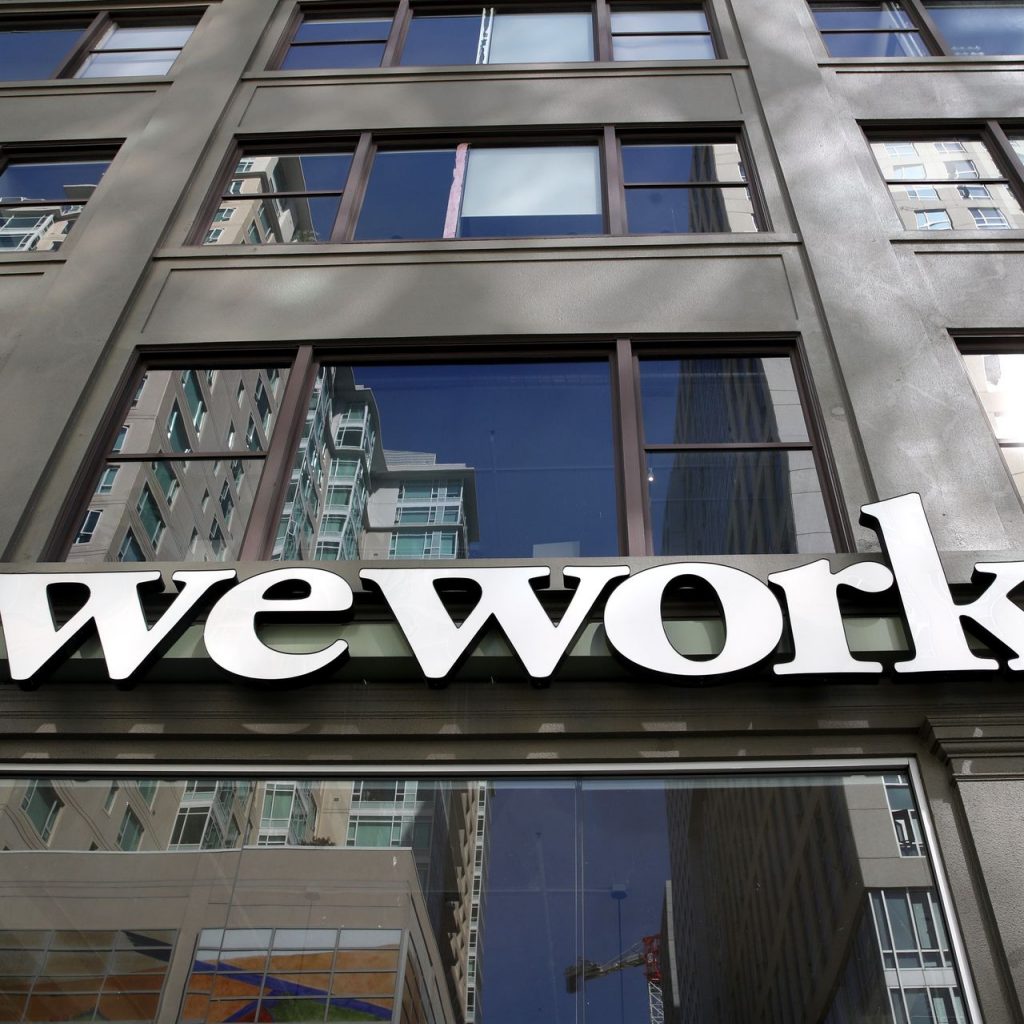Zillow, an online real estate database company, announced in April that it “Plans to start buying houses directly from sellers to test its ability to make money flipping real estate,” – according to an article in Bloomberg.
[nectar_btn size=”large” open_new_tab=”true” button_style=”regular” button_color_2=”Accent-Color” icon_family=”none” url=”https://www.bloomberg.com/news/articles/2018-04-12/zillow-launches-home-flipping-program-in-phoenix-and-las-vegas” text=”Read Bloomberg Article” margin_top=”42″]The company will make all-cash offers to sellers in two of the country’s hottest real estate markets: Phoenix and Las Vegas. According to Zillow, home prices in Phoenix rose 10% last year and are expected to gain over 4% more in 2018. Las Vegas home prices increased by more than 17% last year and should increase by nearly 7% more this year.
Buying and flipping homes isn’t something new.
Other online platforms such as Opendoor and OfferPad do the same thing. Television shows such as Fixer Upper, Flip or Flop, Property Brothers, and Flipping Vegas have hundreds of thousands of viewers for each episode. These are programs that show normal, everyday people how to become home flipping real estate investors.
In fact, home flipping has created an entirely new industry known as ‘experiential real estate training’ where real estate investors learn while they [hopefully] earn.
Wall Street wasn’t impressed by the publicly-held company’s plans. Shares of Zillow plunged by about 9% the day of the announcement, although they have since recovered.
But we do have to ask ourselves: With all of the home flipping going on, who exactly are these homes being flipped to? And what happens when there’s nobody on the receiving side of the flip?




